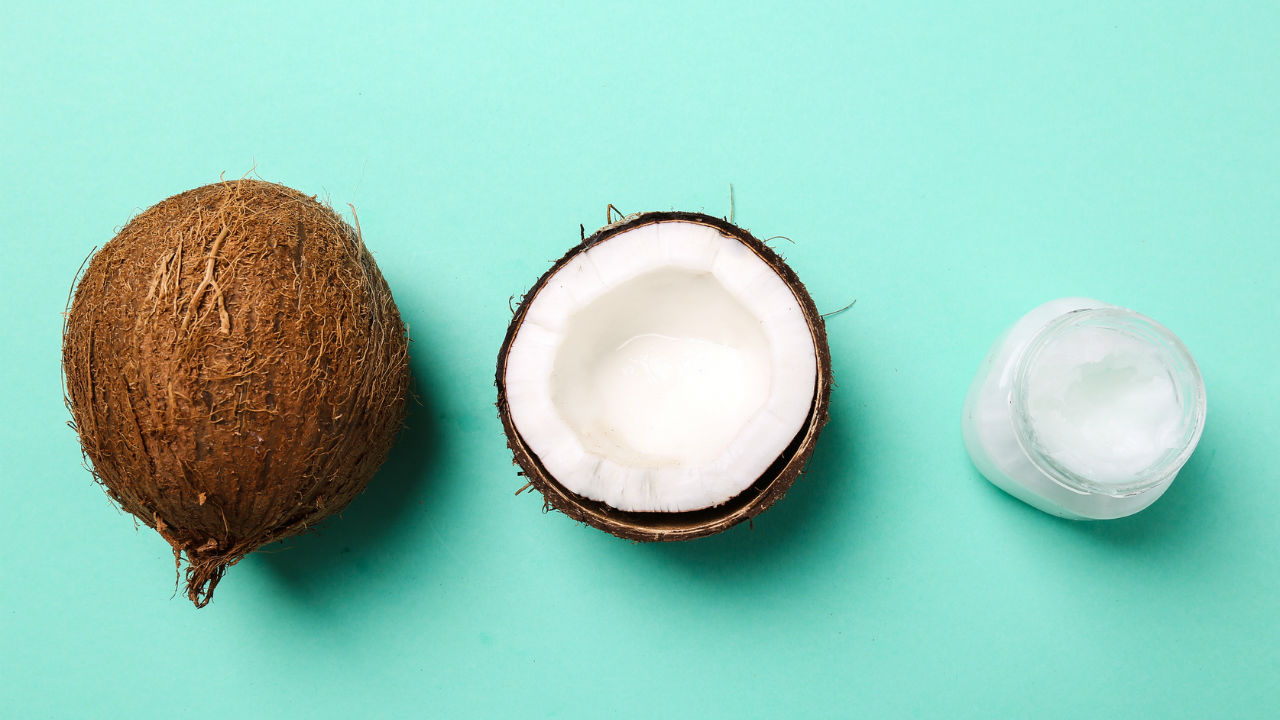 Photo: Getty Images
Photo: Getty Images
A healthy, balanced diet is essential for good heart health. Eating foods which are rich in high-density lipoproteins, low in low-density lipoproteins, and have healthy nutrients such as vitamin E and omega-3 fatty acids can improve circulation and reduce the risk of heart disease. By balancing sources of proteins, carbohydrates, and lipids you can improve overall health and prevent further complications.
Nuts provide a heart-healthy source of fats. Recent clinical evidence suggested that an ounce of nuts four or five times a week can reduce the risk of coronary heart disease. This evidence is not conclusive, as the U.S. Food and Drug Administration encourages but does not endorse eating nuts as a means of reducing the risk of heart disease. Debate aside, nuts contain many healthy nutrients which are good for overall heart health.
Most nuts contain monounsaturated and polyunsaturated fats, which can lower low-density lipoproteins (LDL) and help maintain high-density lipoproteins (HDL). Nuts are also a good source of omega-3 fatty acids, with walnuts having the highest amount of studied nuts. Omega-3 fatty acids are essential fatty acids which cannot be made by the human body. Diets rich in omega-3 fatty acids can reduce the risk of heart disease, prevent dangerous heart rhythms, and reduce the risk of inflammation. While foods such as fish are also a good source of omega-3 fatty acids, nuts are a great plant source of this nutrient.
Besides being a source of helpful fats, nuts are also a good source of fiber, vitamin E, plant sterols, and L-arginine. Fiber has been shown to lower cholesterol, help regulate the gastrointestinal system, and provide a faster feeling of “fullness”. Vitamin E has been shown to reduce plaque formation in arteries. Plant sterols, which are naturally found in nuts, can lower cholesterol. Plant sterols are not found in all nuts, and may also been found in margarine and orange juice as an additive. L-arginine can improve the flexibility of arterial walls and reduce the risk of blood clots.
Not all nuts are equally healthy. For example, walnuts have been shown to be one of the healthier types of nuts, with almonds, macadamia nuts, hazelnuts, and pecans being good alternatives. Brazil nuts, however, contain large amounts of saturated fats and are less heart healthy. The coating of nuts can also affect their healthiness. Sugar coating on nuts increases calories while a salt coating can increase blood pressure. Alternatives, such as nut oils, exist although nut oils lack the fiber found in whole nuts.
Most importantly, nuts have a high fat percentage and are rich in calories. When trying to improve heart health, it is important to eat in moderation. Having a diet too rich in fats can cause chronic and acute problems.
References:
1) http://heartdisease.about.com/cs/riskfactors/a/nuts.htm
2) http://www.mayoclinic.com/health/nuts/HB00085






Add a CommentComments
There are no comments yet. Be the first one and get the conversation started!